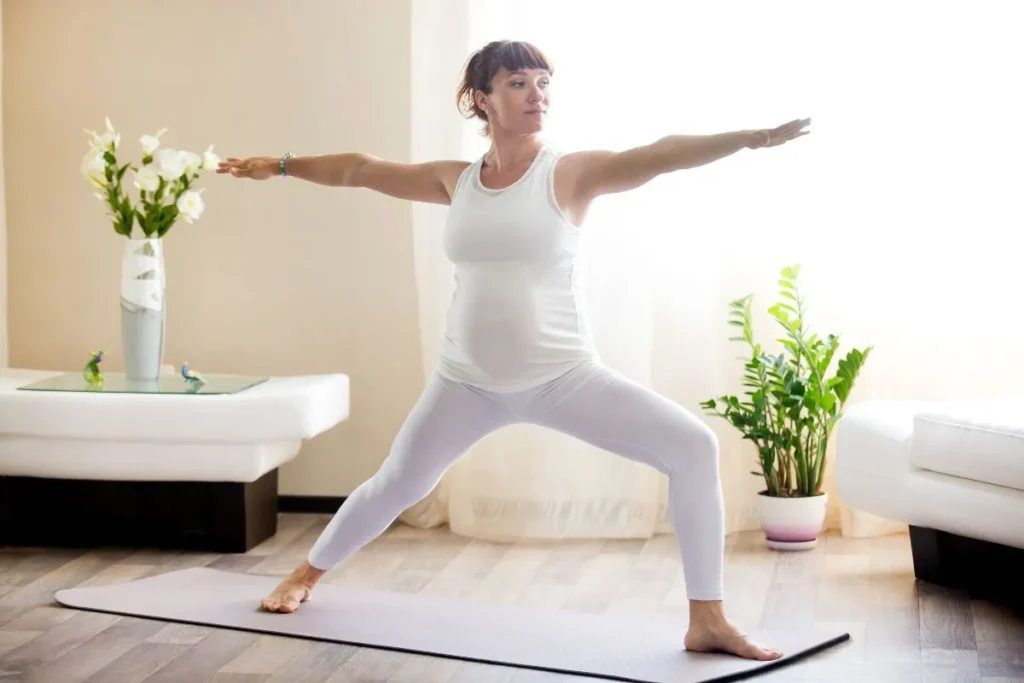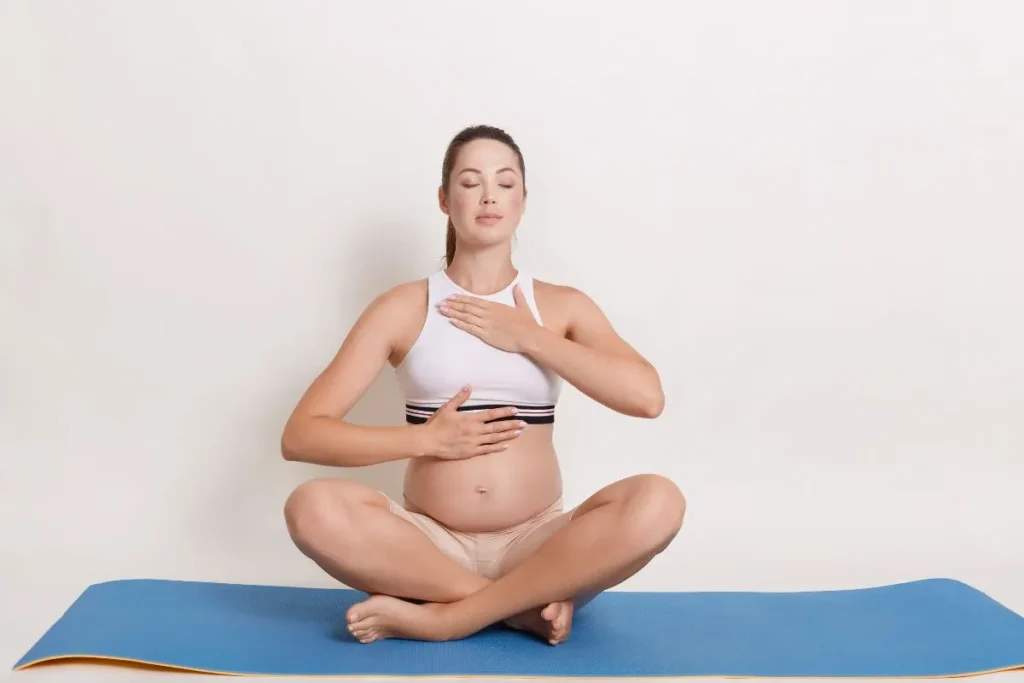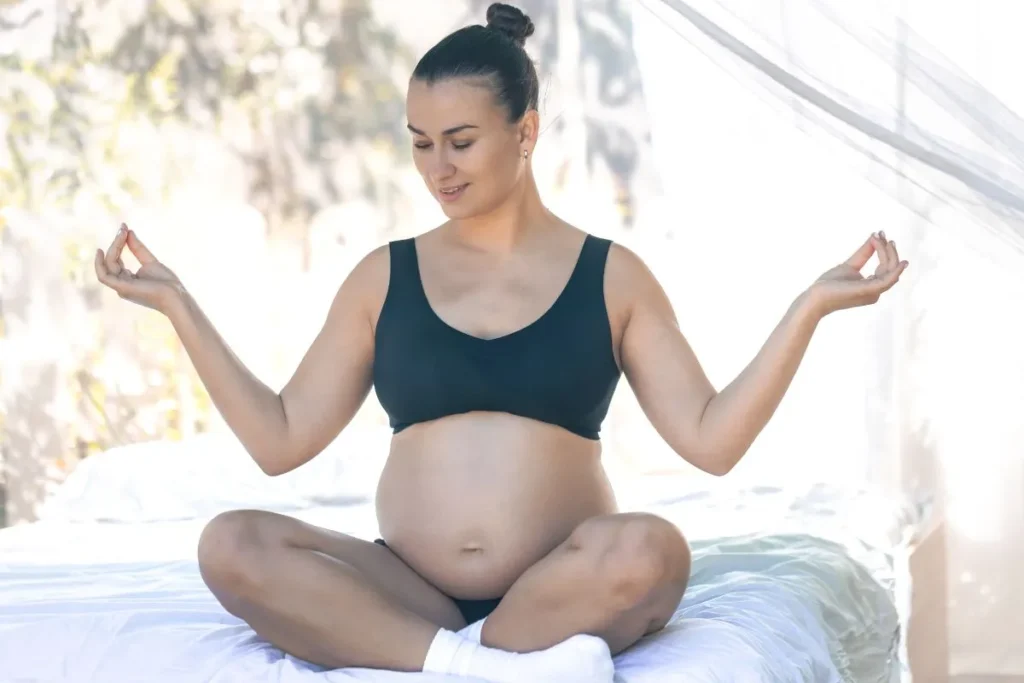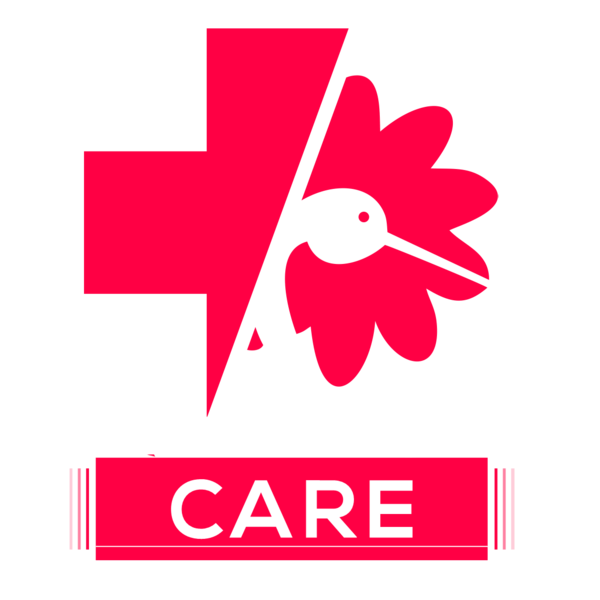Staying relaxed during pregnancy is essential for both your physical and emotional well-being (and your baby’s too). Here are simple, safe, and effective tips for pregnancy relaxation:
Deep Breathing and Mindfulness
- Try slow, deep breaths: Inhale for 4 counts, hold for 4, exhale for 6.
- Do this for a few minutes whenever you feel stressed or anxious.
- Mindfulness meditation apps (like Expectful, Insight Timer, or Calm) have pregnancy-specific sessions.
Warm Baths or Showers
- A warm (not hot) bath with Espom salt or essential oils like lavender (safe in moderation) can soothe sore muscles and calm the mind.
- Add soft music or dim lighting for a spa-like vibe.
Prenatal Yoga or Stretching
- Help reduce physical tension, ease lower back pain, and improve sleep.
- Join a prenatal yoga class (in-person or online), or follow safe stretches on YouTube.
- Focus on gentle movements and avoid lying flat on your back after the first trimester.


Yoga Asanas [For 1st Trimester]
- Cat-Cow Stretch (Marjaryasans-Bitilasana)
- Bound Angle Pose (Baddha Konasana)
- Seated Side stretch (Parsva Sukhasana Stretch)
- Wide-Legged Child’s Pose (Balasana Variation)
- Neck and Shoulder Rolls (Greeva and Skandha Sanchalana

Yoga Asanas [ For 2nd Trimester]
- Ardha Chandrasana (Half Moon Pose – supported)
- Utkata Konasana (Goddess Pose)
- Viparita Karani (Legs Up The Wall Pose – Supported)
- Setu Bandhasana (Bridge Pose – gentle, with cushion under back)
- Ananda Balasana (Happy Baby Pose – gentle variation)

Yoga Asanas [ For 3rd Trimester]
- Malasna (Garland Pose / Squat)
- Baddha Konasana (Butterfly Pose)
- Ardha Titli Asana (Half Butterfly)
- Shavasana (left-side lying relaxation)
Massage
- Prenatal massage (by a certified therapist) can relieve tension, reduce swelling, and improve mood.
- Partner massage is great too – even light back, foot, or shoulder rubs can work wonders.
Prioritize Sleep and Rest
- Use pillows to support your belly and between knees (a pregnancy body pillow helps).
- Sleep on your left side to improve blood flow.
- Nap when needed – even short rests reduce stress.
Create a Relaxation Ritual
- Set aside 10-20 minutes each day just for you – read, journal, do a puzzle, listen to soft music.
- Make it a no-phone zone to truly unwind.
- Talk it Out
- Pregnancy can bring emotional ups and downs. Share your feelings with a partner, friend, or therapist.
- Support groups (online or local) can also help you feel less alone.
- Slow Down And Say No
- It’s okay to rest more and do less.
- Delegate what you can – pregnancy isn’t the time to push yourself too hard.
Why Relaxation Matters in Pregnancy?
1) Reduces Stress and Anxiety
- Pregnancy hormones can heighten emotional responses.
- Chronic stress can lead to increased levels of cortisol, which may affect fetal development and increase the risk of premature birth or low birth weight.
- Relaxation helps maintain emotional balance and promotes peace of mind.
2) Promotes Better Sleep
- Many pregnant women struggle with insomnia due to hormonal changes, discomfort, or anxiety.
- Relaxation techniques such as meditation, deep breathing, or prenatal yoga can help calm the nervous system and support deeper, more restorative sleep.
- Lowers Blood Pressure and Heart Rate
Chronic stress can raise blood pressure – a risk for complications like preeclampsia. Relaxation helps:
- Maintain healthy blood pressure
- Support cardiovascular health
- Improve circulation to the placenta
3) Supports Baby’s Development
The baby is affected by the mother’s emotional state. High stress can impact:
- Fetal brain development
- Birth weight
- Risk of premature birth
- Relaxed mothers often have healthier pregnancies calmer babies
4) Eases Physical Discomfort
- Muscle tension
- Back Pain
- Digestive issues like nausea or constipation
Gentle movement (ex., prenatal yoga) and mindfulness can greatly reduce discomfort.
5) Prepares for Labour and Delivery
- Builds mental strength
- Helps manage labor pain naturally
- Reduces fear and anxiety about childbirth









